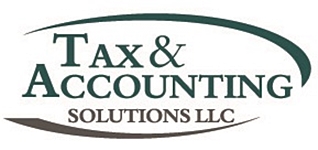Employer Identification Number: Does My Business Need One?
An Employer Identification Number (EIN) is a nine-digit number that the IRS assigns to identify tax accounts. It’s also referred to as a Federal Tax Identification Number.
When deciding if your business needs to obtain an EIN, consider the following questions:
- Will you have employees?
- Will you operate your business as a corporation or partnership?
- Will you file employment, excise, or alcohol, tobacco and firearms tax returns?
- Will you withhold taxes on income, other than wages, paid to a non-resident alien?
- Will you have a retirement plan?
- Will you be involved with: (1) trusts, except certain grantor-owned revocable trusts, IRAs, exempt organization business income tax returns; (2) estates; (3) real estate mortgage investment conduits; (4) non-profit organizations; (5) farmers’ cooperatives; or (6) plan administrators?
If you answered “yes” to any of the above, then you need to obtain an EIN.
Generally, businesses need a new EIN when their ownership or structure has changed. And it’s important to note that if you are applying for tax-exempt status, be sure that your organization is formed legally before applying for an EIN.
Applying for an EIN is a free service offered by the IRS. An EIN can be obtained online, by fax, mail or telephone. All EIN applications must disclose the “responsible party.” This is the person or entity who controls, manages or directs the applicant entity and the disposition of its funds and assets. Unless the applicant is a government, the responsible party must be an individual, not an entity.
Thinking of starting a new venture? Let’s start by tackling the EIN application together.

